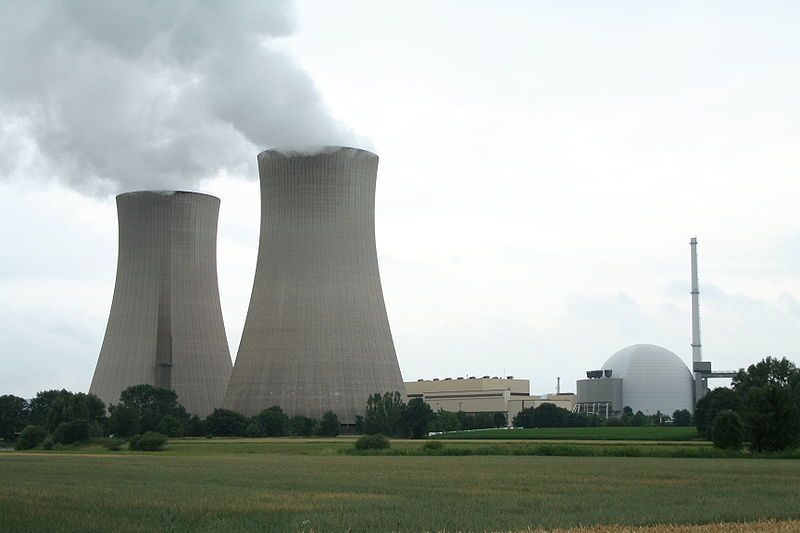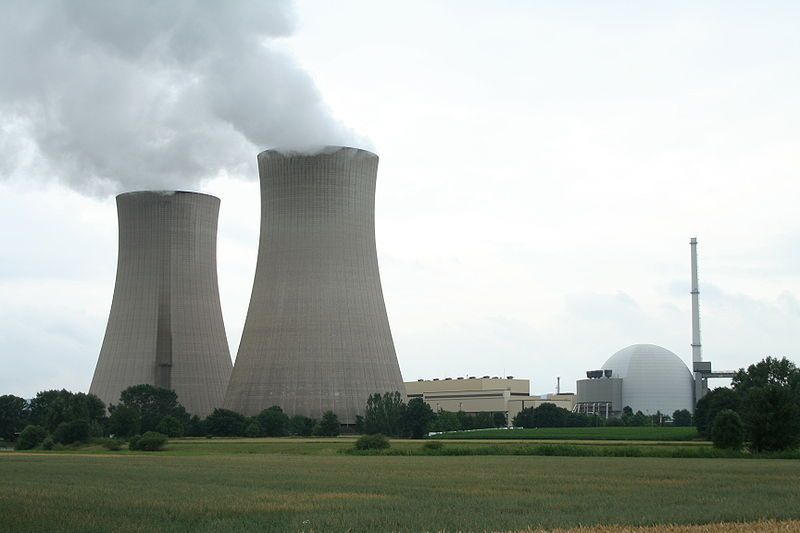Germany’s nuclear exit in doubt
The German government’s plan of phasing out nuclear reactors by 2022 has been called into question, after experts warned of a potential power shortage in the coming winter.


The German government’s plan of phasing out nuclear reactors by 2022 has been called into question, after experts warned of a potential power shortage in the coming winter.
The regulatory office for Germany’s energy, the German Federal Network Agency, claims that the country could face a series of blackouts unless a previously decommissioned plant is restarted. Although temporary, the move is seen as essential to ensure the country is provided with necessary reserves of power generating capacity. “The numbers that we currently have indicate that one of these nuclear energy plants will be needed,” Matthais Kurth, head of the Bonn based network agency, told the Guardian.
Last month environment minister Norbert Rottgen bowed to public pressure to decommission the country’s nuclear power plants, after a string of nationwide protests swept the country in the fallout from Japan’s nuclear disaster. "It's definite. The latest end for the last three nuclear power plants is 2022. There will be no clause for revision," Mr Rottgen said at the time. The possibility of reopening a previously decommissioned plant would prove an embarrassing backward step for the German government, and raise further questions as to whether the move was taken too early.
To reactivate the old plant it would cost an estimated £40 million, money that the Green Party feel would be wiser spent elsewhere to generate further power in the winter. “To make up for the shortfall in energy, money should be concentrated on energy efficiency,” said Green Party politician Barbel Hoehn. Saving electricity is the cheapest and most sensible way to replace nuclear power,” Mrs Hoehn added. This notion is shared by the German government who announced plans of cutting electricity use by 10 percent back in June, to help cope with the loss of its nuclear plants.
Even so critics feel that this is still not enough as by removing nuclear power the country would have to rely heavily on the burning of fossil fuels. The implications of this would mean an increase in the German carbon footprint and potential difficulties in complying with Europe’s low-carbon emission objectives. The fact that this week the government announced that it has earmarked £143 million for fossil fuel related projects, adds further substance to the argument.



